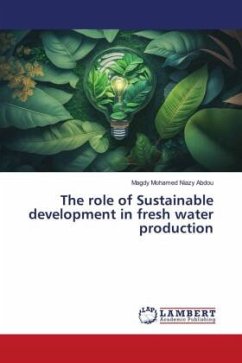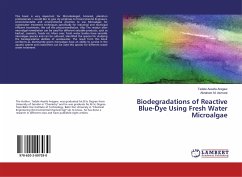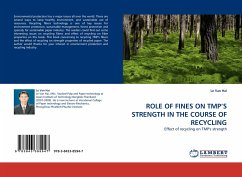Desalination has been known to history for millennia as both a concept, and later practice, though in a limited form. The ancient Greek philosopher Aristotle observed in his work Meteorology that "salt water, when it turns into vapour, becomes sweet and the vapour does not form salt water again when it condenses," and also noticed that a fine wax vessel would hold potable water after being submerged long enough in seawater, having acted as a membrane to filter the salt.There are numerous other examples of experimentation in desalination throughout Antiquity and the Middle Ages, but desalination was never feasible on a large scale until the modern era. Good examples of this experimentation are the observations by Leonardo da Vinci, who realized that distilled water could be made cheaply in large quantities by adapting a still to a cookstove. During the Middle Ages elsewhere in Central Europe, work continued on refinements in distillation, although not necessarily directed towards desalination.
Bitte wählen Sie Ihr Anliegen aus.
Rechnungen
Retourenschein anfordern
Bestellstatus
Storno








